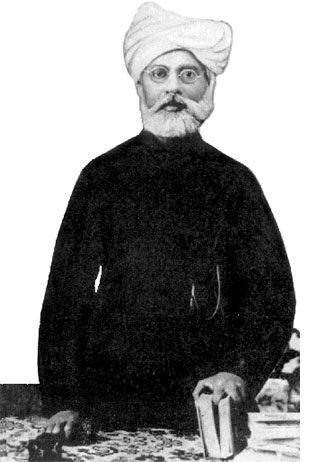
His published books are of the order of 58 books, 54 of which saw light of the day during his lifetime and the remaining 4 were published after his death.
P D Jethwaney
The father of Sindhi literature, Dewan Kauromal Chandanmal Khilnani was born in Bhiria, District Naushahro Feroze (Formerly part of District Nawab Shah Sindh). There were originally two famous families of Bhaibandhs in Bhiria Sindh namely Khilnani and Makhijani. Khilnani family also had three branches – Adhani, Padhani and Chanchalani. Head of Chanchalani family was Bhai Chanchaldas, who had one son named Bhai Leelaram, who had three sons, Seth Pagadomal Saraf, Bhai Tulsidas and the youngest one Bhai Chandanmal, in whose family Dewan Kauromal was born on the 5th October, 1844 exactly one year after the British had invaded India. At his birth he was named ‘Pritam’, but because none of the children had survived earlier, the women folk felt superstitious and instead of sugar candy (misri) and sugar lump (patashas) they distributed pepper (kara mirch) on his birth. And relatives also changed his name to ‘Kauro’, meaning bitter. In those days women never addressed men by name, Dewan Kauromal was, therefore, called Dewan ‘Kassaro’ (although meaning is the same) by women. Truly, William Shakespeare had said that what is in a name – the rose would smell sweet and spread fragrance. He thus belied his adopted name and remained a loving person and beloved of his people, young and the old ones alike.
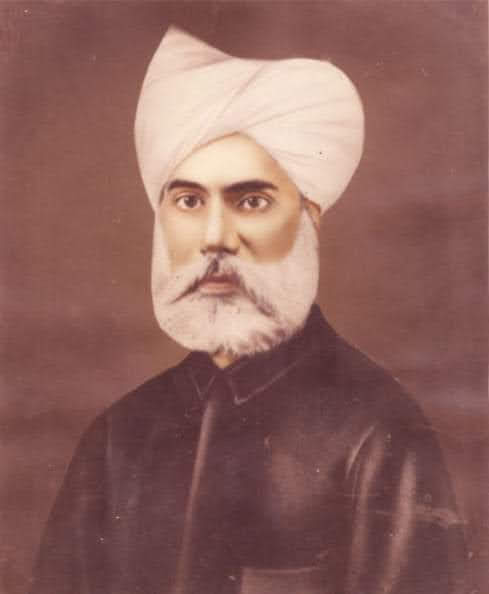 Since his childhood, he lived a simple life. Ate simple food and wore simple clothes. He had great love for reading and writing. He used to trudge a mile from his place to Akhund (a muslim teacher) Suleman’s private school in the nearby village Daryakhan Jalbani as there was no other educational facility available at that time. He studied there for six years from 1849 to 1855. And whatever he learnt, he used to revise his lessons at home in the night sometimes even outside his house, under the street lamp. When the first government school was started by the first Assistant collector of Naushahro Feroze, James Sahib in the year 1855, he then got admission there. He was very smart, sharp and intelligent. Besides Sindhi, he learnt Persian language and mastered it thoroughly. The Education Inspector of Sindh appointed him as a ‘Boy Translator’ for which he was given a scholarship of Rs.25/-
Since his childhood, he lived a simple life. Ate simple food and wore simple clothes. He had great love for reading and writing. He used to trudge a mile from his place to Akhund (a muslim teacher) Suleman’s private school in the nearby village Daryakhan Jalbani as there was no other educational facility available at that time. He studied there for six years from 1849 to 1855. And whatever he learnt, he used to revise his lessons at home in the night sometimes even outside his house, under the street lamp. When the first government school was started by the first Assistant collector of Naushahro Feroze, James Sahib in the year 1855, he then got admission there. He was very smart, sharp and intelligent. Besides Sindhi, he learnt Persian language and mastered it thoroughly. The Education Inspector of Sindh appointed him as a ‘Boy Translator’ for which he was given a scholarship of Rs.25/-
At the age of 14 years, he journeyed alone 120 miles on a camel halting at 10-12 places on the way to Hyderabad for studying English language as during those days there was no Kotri – Rohri railway line. For the secondary section he went to Karachi. During those days students had to go to Bombay for appearing for matriculation examination. In the year 1862 there were first four students namely, i) Dewan Dayaram Jethmal, ii) Dewan Navalrai Shounkiram, iii) Dewan Chuharmal Punjabi & iv) Dewan Kauromal who went in a steamer to Bombay for examination. During the days they were there, they had to prepare meals by themselves and lived life in simplicity and frugality. Dewan Dayaram Jethmal fell sick and returned to Sindh without appearing for examination. Out of the three, Dewan Chuharmal Punjabi passed. Sick of journey, Dewan Kauromal did not go again and left further studies.
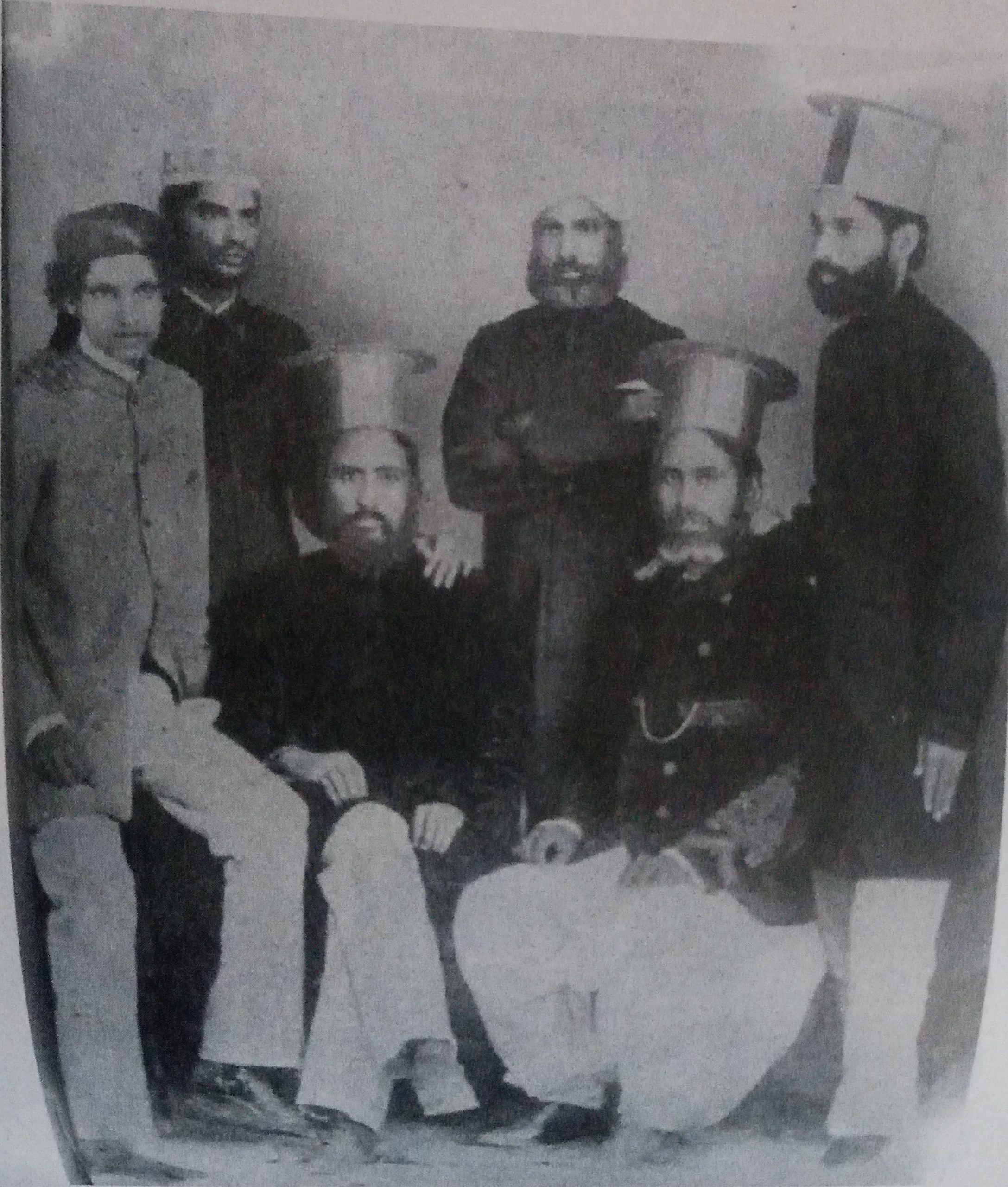
He got his first job as a clerk in Commissioner’s office on a salary of Rs.30. He utilized his spare time in translating the Geometry of first, second and third books in Sindhi. And when these books were ready after print in the year 1866, same were prescribed as textbooks in the schools. Soon thereafter he was shifted to the Education Department and was appointed first as an Assistant Teacher in Normal school of Hyderabad and then Headmaster in schools of Sukkur and Hyderabad on a salary of Rs.150. He was then given post of a Sindhi Translator. In this job he prepared textbooks and compiled other Sindhi books 4th, 5th, 6th & 7th in the years 1873, 1874, 1875, 1876. These were also prescribed as text books. He became the most prolific compiler and the readers were readers in vogue from 1873 to the first decade of the 20th Century.
Considering his hard work and devotion to duty, he was later on assigned with a voluminous work of City Survey which job he carried very ably and meticulously to the full satisfaction of the superiors. After passing the Revenue & Judicial examinations, he was given charge of the post of City Magistrate, firstly at Shikharpur and then Hyderabad. Seeing his judicious bent of mind, impartial nature, honesty and dedication in work, he was appointed as Deputy Collector, the post he held for seven years in Rohri and Hallan divisions. As he was against sycophancy and favoritism, he was shifted from Revenue Department to his original Education Department, attached to the Government Central Depot as a Custodian & Translator during the time of Commissioner Arksan, because of the displeasure amongst the officers for obviously his impartial nature & honesty in his job.
During that time his wife died and after taking charge of the book depot in Karachi, he went back to Bhiriya on three months’ privilege leave and married for the second time. Again when Encumbered Estates Department (Khutal Khato) was opened and he was appointed as an Assistant Manage. For his proven competence he thereafter became the Manager of the Department. His superiors always treated him not as a subordinate but their friend. When government decided to appoint an ICS (Indian Civil Service) officer for the post of Manager of the department, a noble and impartial Education Inspector Jacob, after consulting Dewan opened Men’s Training College at Hyderabad and appointed him as its first Principal. He served Education Department for 25years. In the year 1866, he got school opened in Bhiria Sindh from government side (which is known as Kauromal Chandanmal Academy after his death).
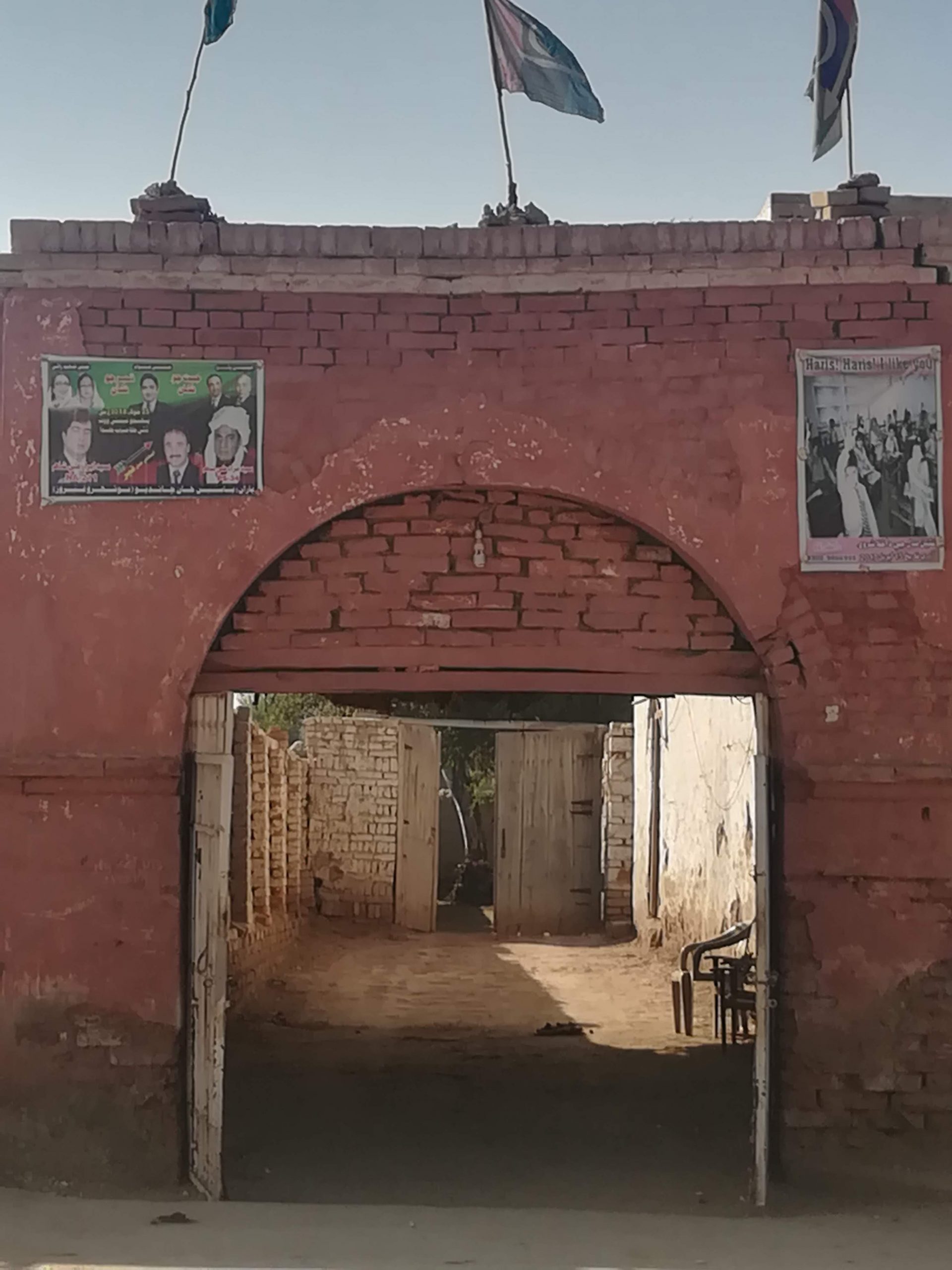
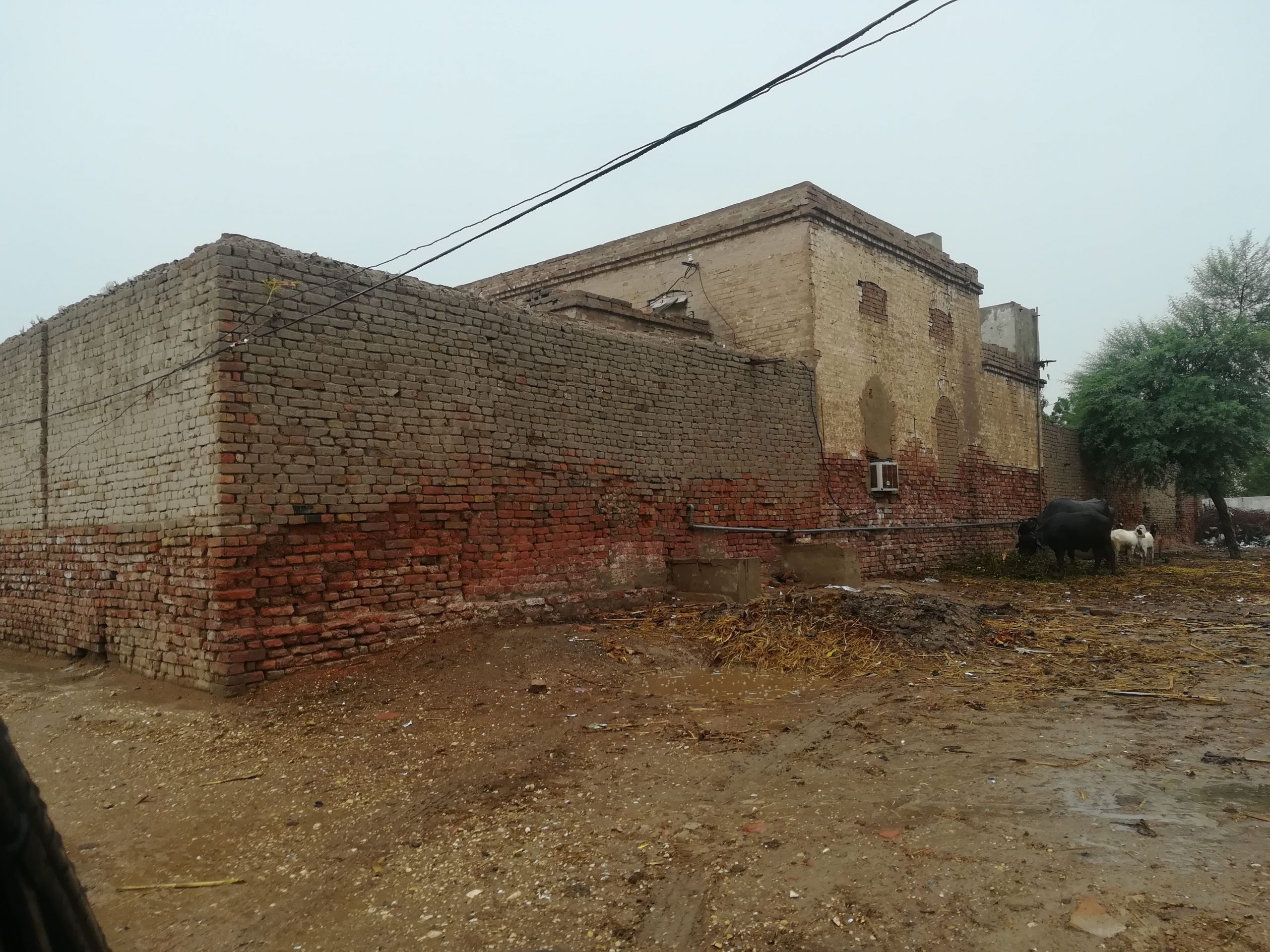
While serving as the Principal of the training college in Hyderabad for some years, several health care and welfare schemes were introduced with his constant effort and follow up with the authorities. In the year 1897, when plague epidemic broke for the first time, he was a Plague Officer at Hyderabad. During this time, he worked day and night without caring for his health and served people with great sense of dedication and devotion. It is truly said that, “To do thy duty is a way to glory”. In October 1899 he retired. Considering his hard work, sincerity, honesty and competence shown in service, so also for the yeomen’s services he had rendered during plague epidemic time, he was honored with the title ‘Rai Bahadur’ and soon was also gifted with 1160 acres of agricultural land. (After partition, the land was occupied by some persons through the claims)
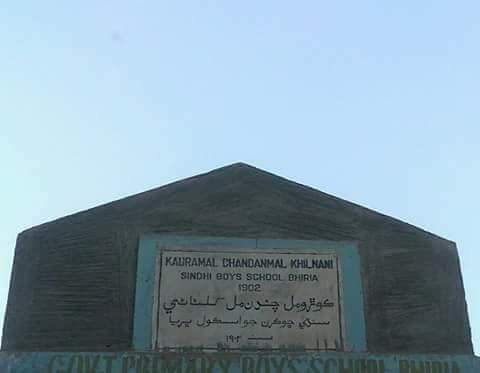
After his retirement he was appointed as an Examiner for vernacular languages for the convenience of the Englishmen. He also worked on the Sindh Education Department Text Books Committee for many years and his contribution in this field was no doubt greatly valuable and praise worthy. He was a notable social worker and a reformer. He did much to organize and help by starting Panchayats which were not functioning and formed the new ones in the areas in Sahiti pargano where there were none. He was also instrumental in removing evil customs prevailing in our community. During marriages, use of wine and non-vegetarian food, dazzling expenditure, extravagance and dowry (a great social evil) were also reduced to a great extent. In his original work in Sindhi ‘Pako Pah (1882)’, he made an impassioned plea for the education of women. In his birth place, a high school by name K.C. Academy was established which is named after him. It is a renowned High School where with his efforts Girls School and a Public Library were opened.
In the year 1916, Lord Wellingdon, Governor of Bombay had called Educational Conference in Pune to which three Educationists from Sindh Dewan Kauromal, Mirza Qalich Beg & Dewan Bulchand Dayaram were specially invited. He was, therefore, the fourth pillar in Sindh for Social & Educational reforms. He spent much of time of his life in such noble works and Dewan Dayaram Gidumal was always with him. Other eminent persons also followed them in this direction. He was a pioneer in other fields also. Dewan was a precious jewel of Sindhi literature. He translated works from other languages in Sindhi. He wrote several essays in Sindhi. He was the first essayist in Sindhi and his essays & articles showed the way to a beginner how to be well reasoned, forceful & effective in writing. Many a time the Education Inspector used to consult him, how to write correct Sindhi. He had command over language and strong grip on pen. He was rightly called the Father of Sindhi language and literature. Through his works ‘Mahatmaoon ja Darshan’, ‘Arya Naari Charitra’, Bhishma Pitamaha’ & ‘Bhaktan joon Sakhiyun’ books, he succeeded in spreading the message and fragrance of the Indian culture.
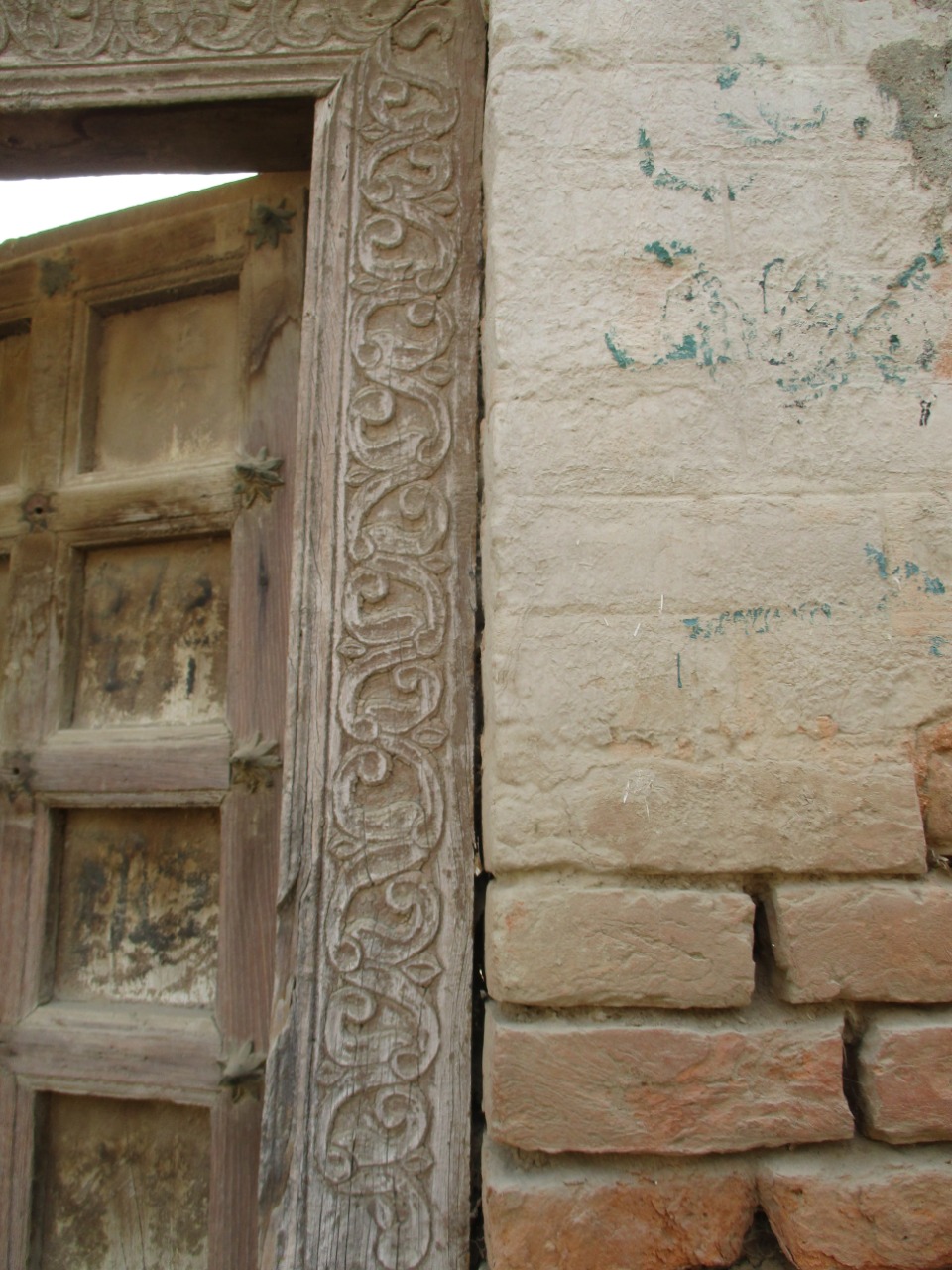
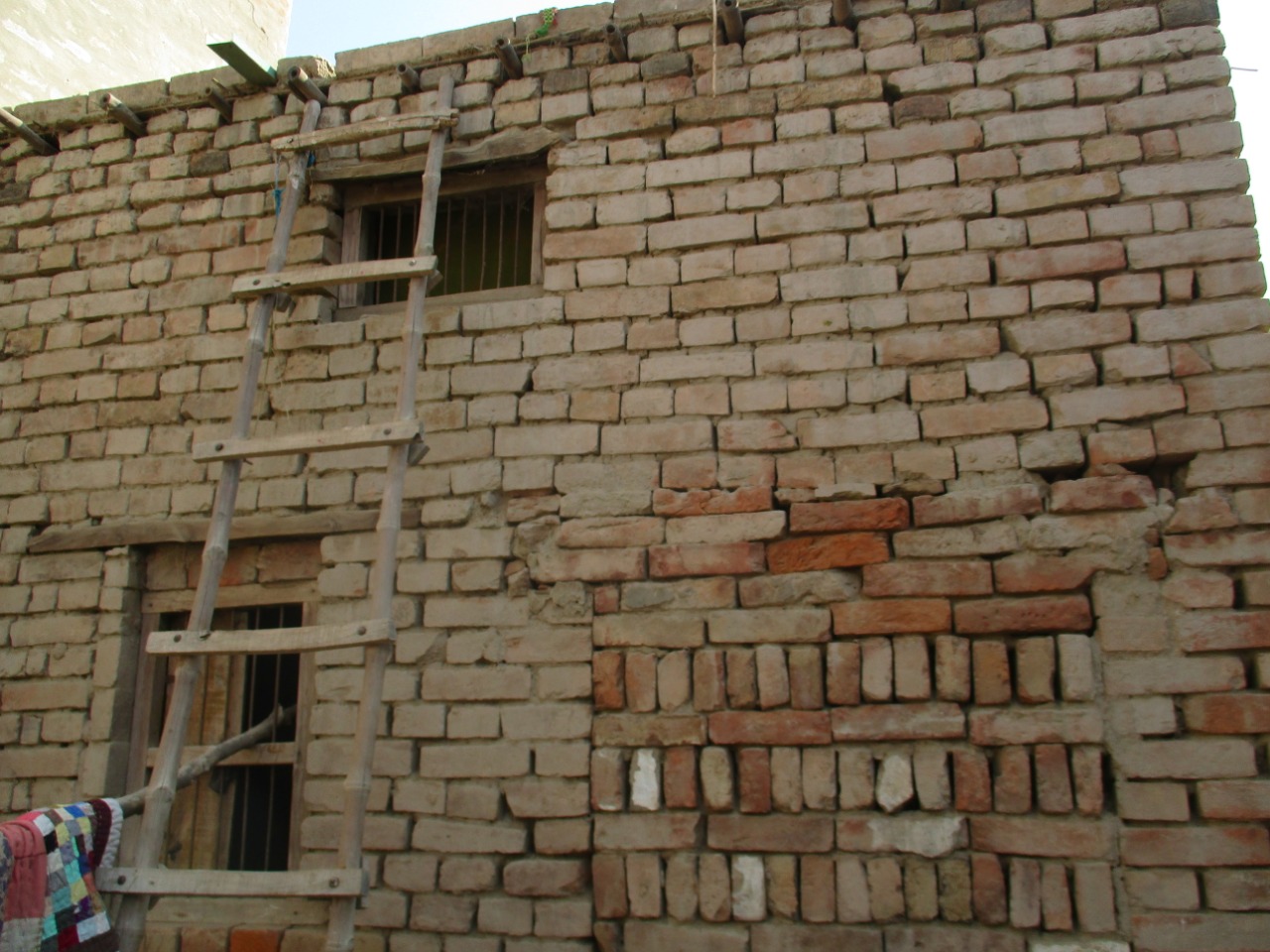
He was already knowing five languages and soon he learnt Bengali language also. He translated Bankam Chandra Chatterjee’s ‘Radha Rani’ book in Sindhi. He also translated other books ‘Kheer jo Kheer – Paani a jo Paani’, ‘Chandramookhi’ from Adarsh Noonha’ novel and ‘Rohini’ from Bengal books in simple Sindhi language and got them printed. He also got printed books of humour like ‘Tahak ain Tahak’ and other such books. He translated and got printed ‘ Ratnavali’ first play from Sanskrit. For children, he wrote ‘Barana Geet’ &’Baraniyoon Akhaniyoon’ books in the year 1891. Other text books and literary books like ‘Pako Pah’ (on Women’s Education), ‘Sami a ja Sloka’, ‘Phool Mala’, ‘Bhajan Mala’, ‘Sang jo Parsang’, ‘Roopavati’, ‘Hindustan ji twarikh’, ‘Kisso Makh ain Koriare jo’, ‘Rajaram Mohan Rai jeewan Charitra’, ‘Bhagtan joon jeewaniyoon’, ‘Mahatmaoon ja Darshan’, ‘Hari Darshan’ and books of Sindhi proverbs and riddles, so also several other books he wrote and got them printed. His articles on different subjects like Panchayats, Health, Lok geet, etc are compiled in book Sahityak Pushp (A collection of essays). His name was associated with the names of Mirza Qalech Beg, Dayaram Gidumal and Parmanand Mewaram who had initially served the cause of Sindhi prose. His published books are of the order of 58 books, 54 of which saw light of the day during his lifetime and the remaining 4 were published after his death.
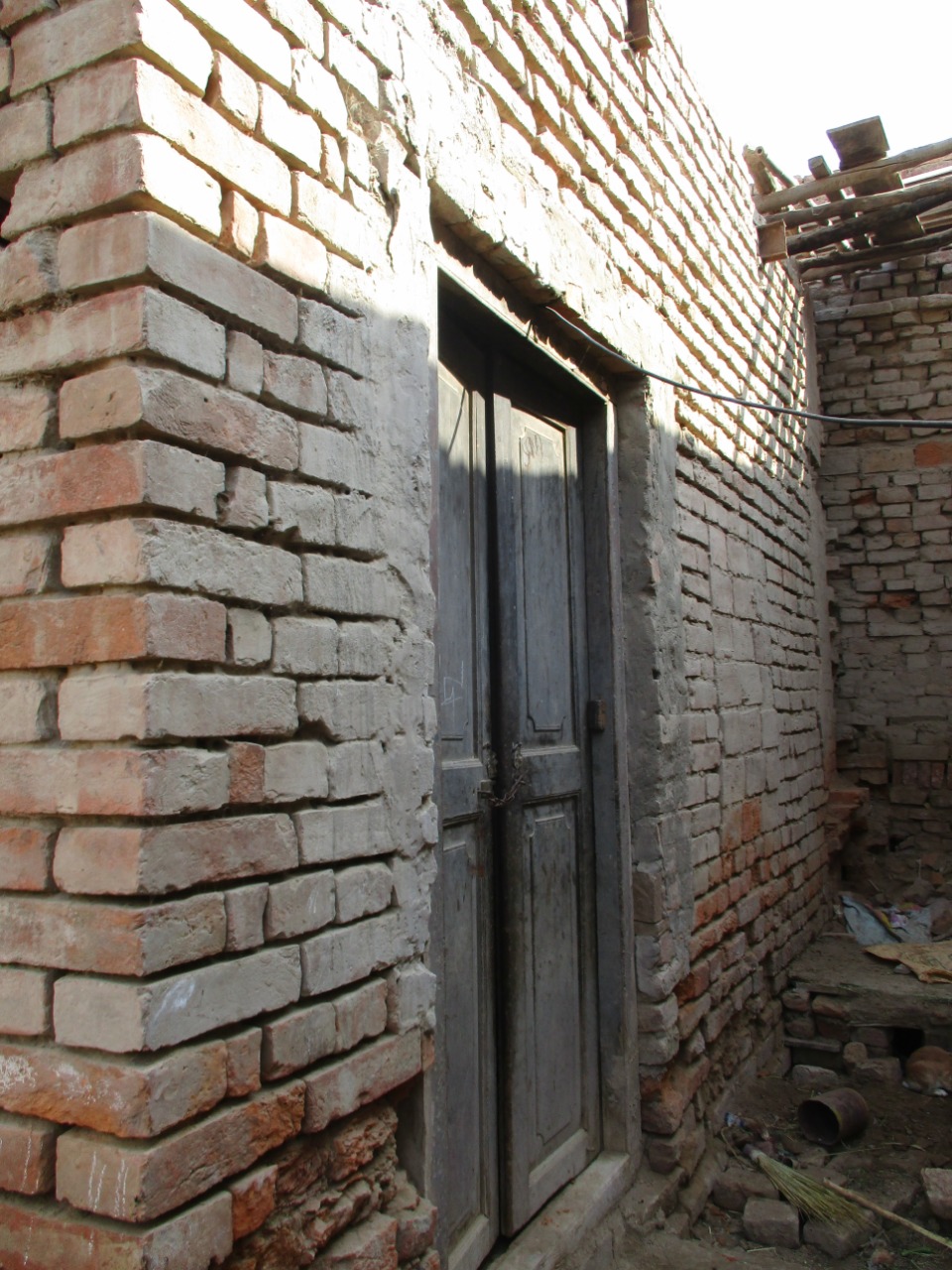
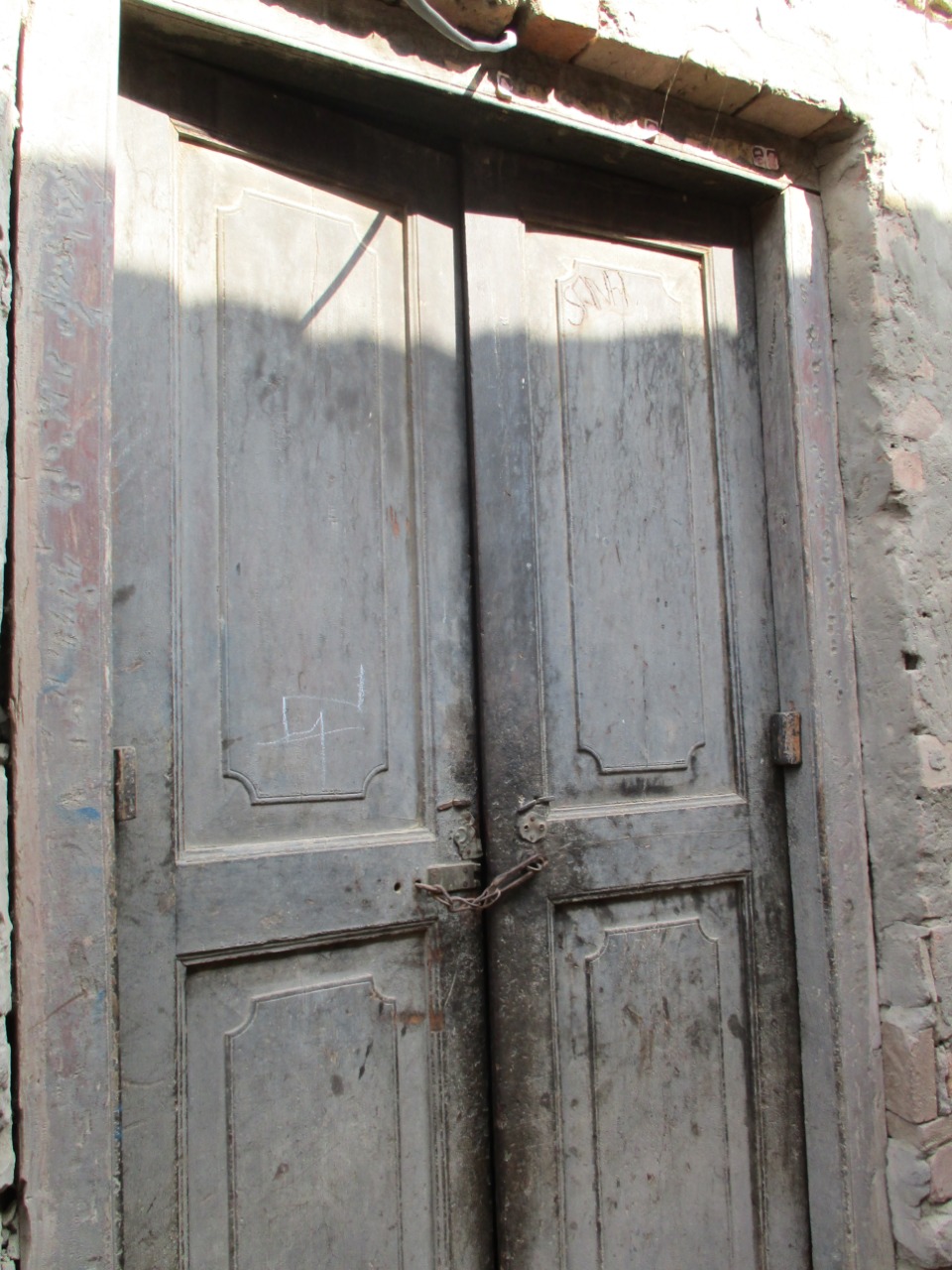
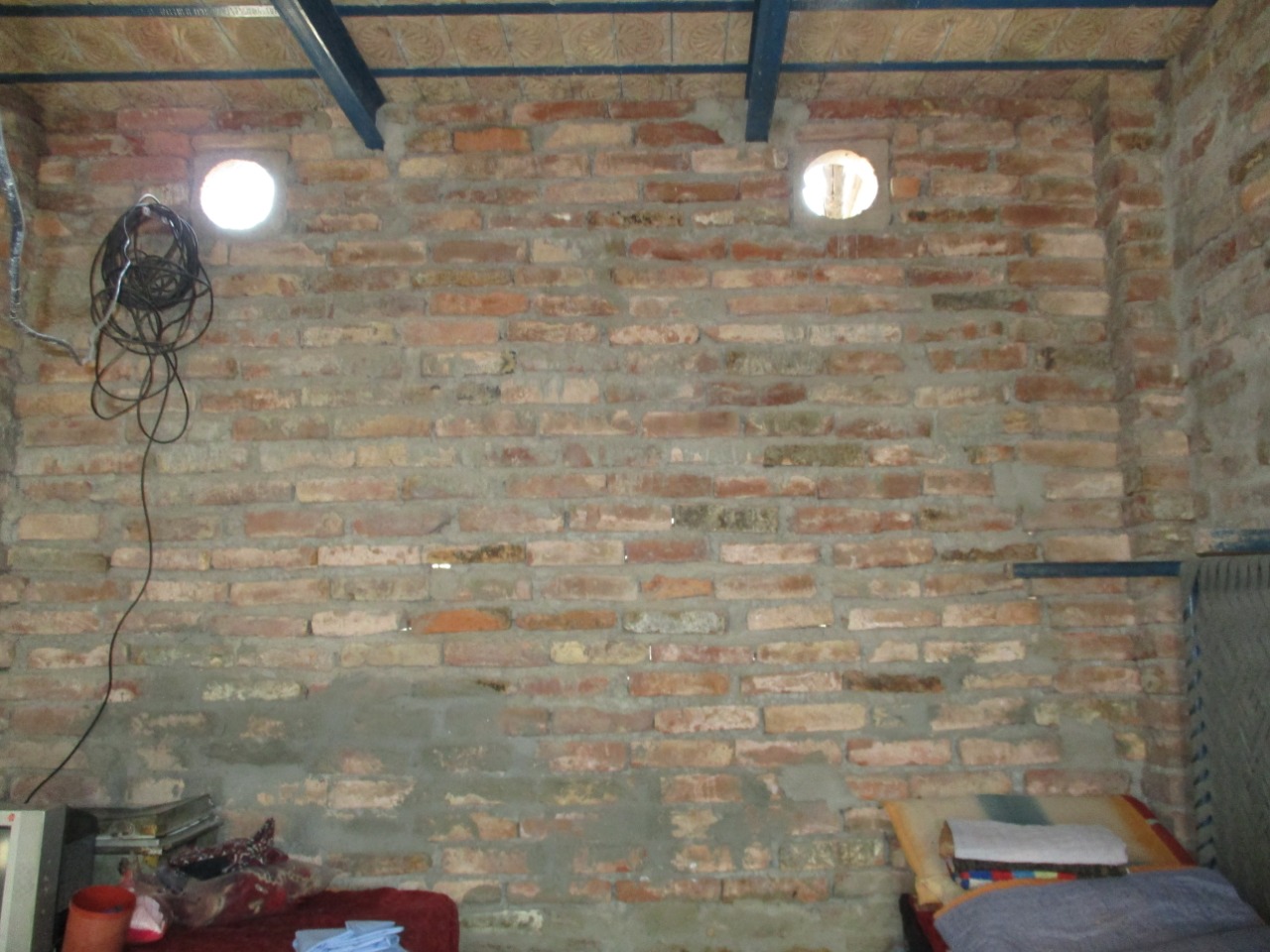
The treasure trove of Sami’s slokas or the verses would have been lying dormant and forgotten forever, had Dewan Kauromal not taken the initiative or made efforts to make them through all over the Sindhi world. These slokas were penned by Bhai Chainrai Bachomal Lund also known as Sami Mengaraj (his guru). That’s how his title is ‘sami’. These were all written in Gurumukhi language and he collected them and got them rendered in Sindhi language. These were in thousands but collection of about 2100 slokas was available in Sindh. These were arranged in proper manner and published in three volumes by him. The first volume contained 540 verses, the second one contained 781 verses and the third volume comprised of 799 verses. The first volume was published in October 1885 with meaning of difficult words. Soon thereafter, the second volume saw the light of the day, while the third volume was published in October, 1892. The first two volumes have been published as four editions in the year 1921, five years after his death. The third and last volume has had only two editions. The second edition was published in the year 1909. After 1947 i.e. the partition of the country the shlokas have so to say remained in the limbo of oblivion. In the foreword to ‘Sahityak Pushp’ which is a collection of his writings and edited by his son Prof. Manohardas and published by Sahitya Academy in the year 1960, our eminent literary figure, Prof. Lalsingh Hazarisingh Ajwani has written that even if Dewan Kauromal had not translated any other work, yet he would have become immortal for his work Sami’s Slokas (truly so!). No doubt he will ever be remembered by Sindhis through all the times to come.
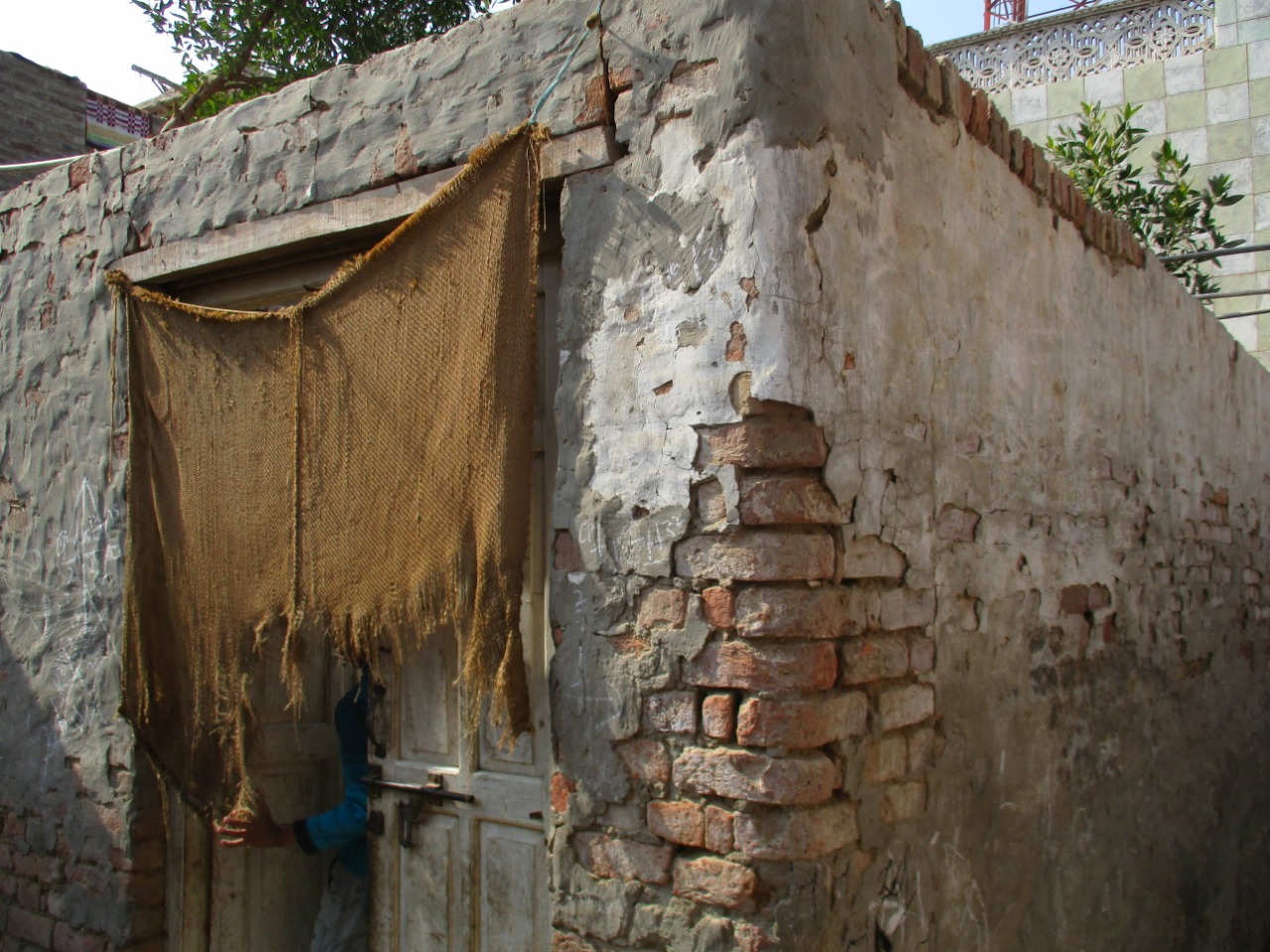
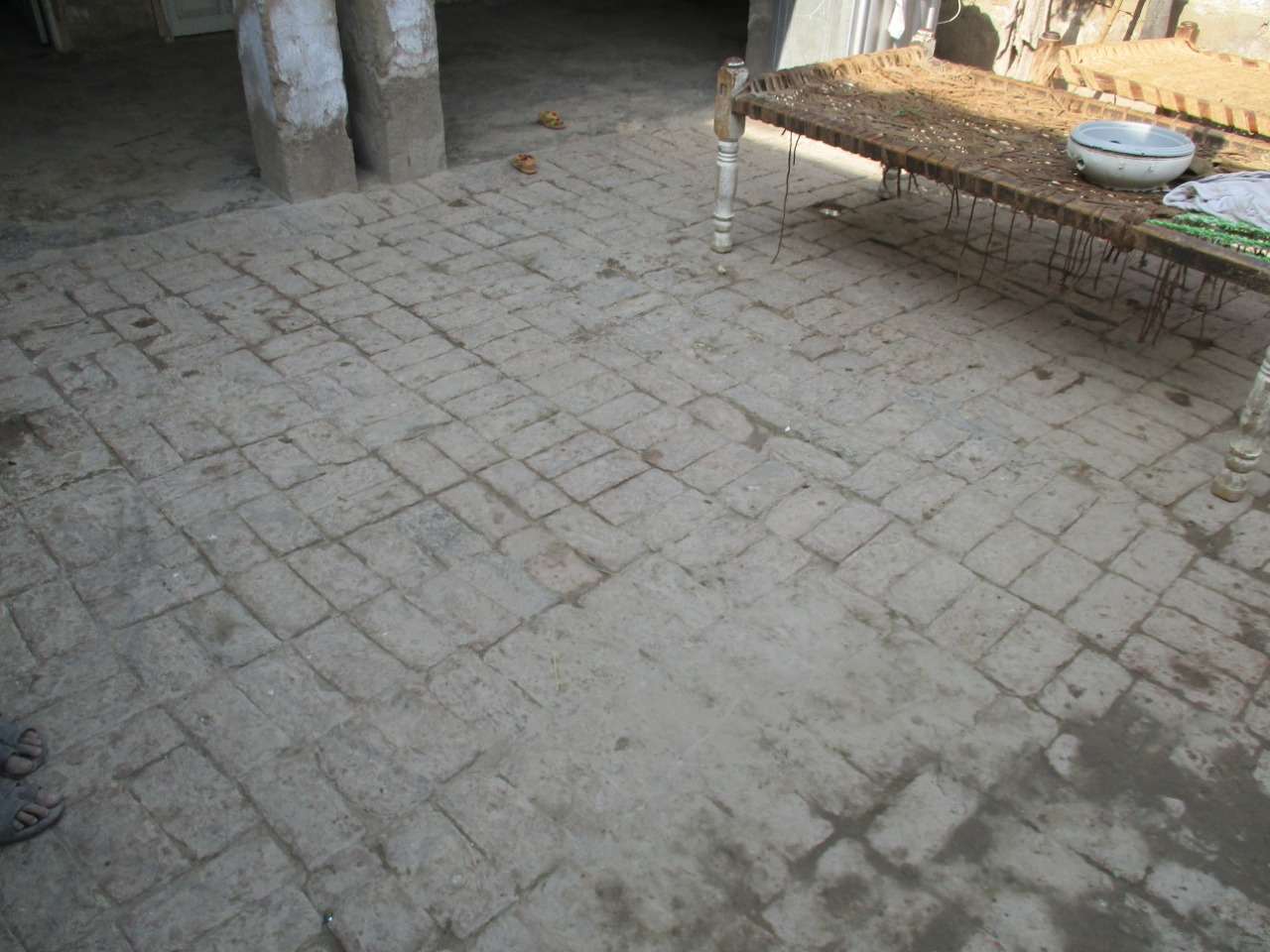
He was liberal in his mental makeup. He used to help the poor and down trodden people in getting education even at the cost of his own necessities. In life and his writings he was simple, unaffected and yet dignified a person. He was indeed a noble man and truly a man of pure conscience. He joined Brahmo Samaj in the company of Sadhu Hiranand and Navalrai and followed Mahatma Keshab Chandra, son of Bengal. He thus treaded the path of spiritualism. In the year 1916, on the 16th of December at the age of 73 years he shuffled off his mortal coil with soul looking for the God and breathed his last in his birth place Bhiria Sindh.
_________________
Courtesy: Sindh Shaan (Published in October-December 2009 issue)
[All photos of Dewan Kauromal Khilnani’s home, K. C. Academy School and Primary School Plaque in Bhiria are taken from the book ‘Bahrawar Khaan Bhiria – Tareekh Jo Safar’ (From Bahrawar to Bhiria – Journey of the History) authored by Nasir Aijaz and published in 2019]
[…] Read More: Life Story of Rai Bahadur Dewan Kauromal Chandanmal Khilnani […]